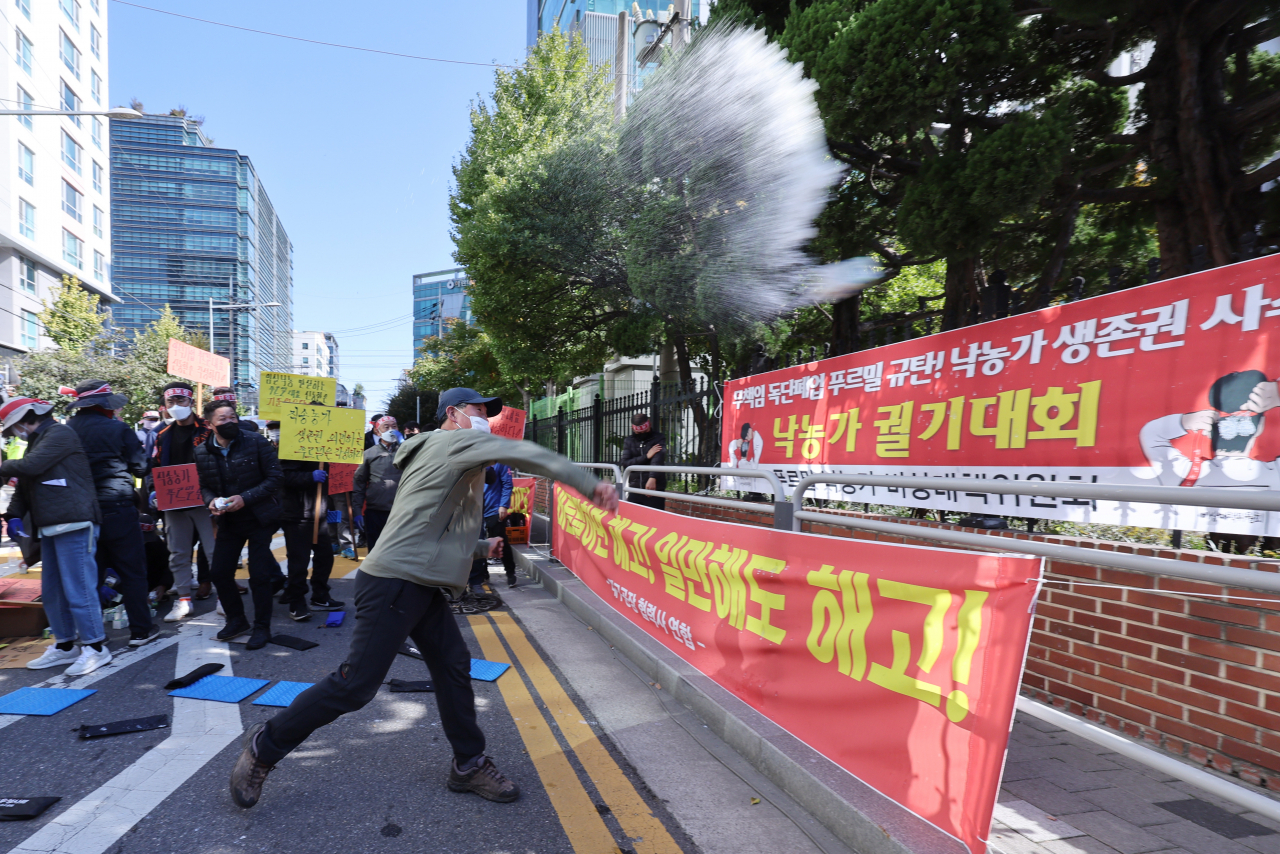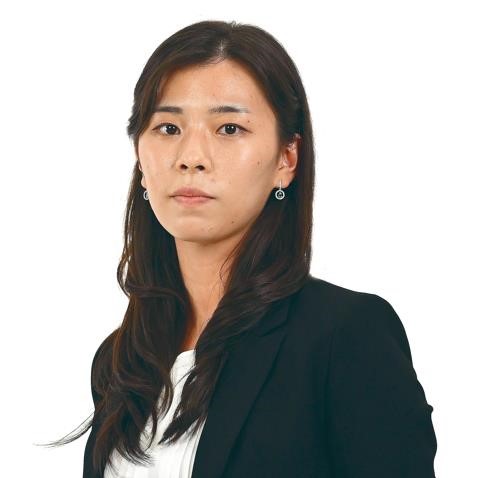Dairy company Purmil reverses course on business termination
By Lee Yoon-seoPublished : Nov. 10, 2022 - 17:48

South Korean dairy company Purmil's announcement of its business termination, which stirred nationwide controversy for unilaterally firing its employees, had been upended as of Thursday.
According to a statement from Purmil, the company will be normalizing its business operations but will still downsize 30 percent of its workforce to increase management efficiency.
The announcement was made after an agreement was reached between management and labor, it added.
The company intends to continue its business operations until a suitable buyer for the company is found.
The previously Lotte-owned dairy company's decision to lay off the entirety of its staff via a post on the company bulletin board on Oct. 17 rocked the nation, as the sudden decision to lay off some 350 employees as of Nov. 30 was met with protests from the company's labor union and some 500 distributors across the nation.
The Purmil labor union claimed the layoffs were illegal, as they were notified of the dismissal 44 days prior to their date of dismissal, although Article 24 of the Labor Standards Act stipulates that the employer should notify employees at least 50 days prior to their dismissal.
Criticism of the company's decision to appoint executives with family ties to the CEO was raised by the labor union as well. The company started to log a deficit of 1.5 billion won ($1.09 million) in operating losses in 2018, its first year after shifting to family-centered management. Operating losses continued to grow under the family ownership, from 8.9 billion won in 2019 and 11.3 billion won in 2020, to 12.4 billion won last year.





![[KH Explains] Hyundai Motor’s plan for new landmark keeps hitting bumps](http://res.heraldm.com/phpwas/restmb_idxmake.php?idx=644&simg=/content/image/2024/05/13/20240513050626_0.jpg&u=20240513192803)



![[LLG] Unseen inheritance: Trauma of transnational adoption 'trickles down' to adoptees' children](http://res.heraldm.com/phpwas/restmb_idxmake.php?idx=644&simg=/content/image/2024/05/12/20240512050141_0.jpg&u=20240512163544)









